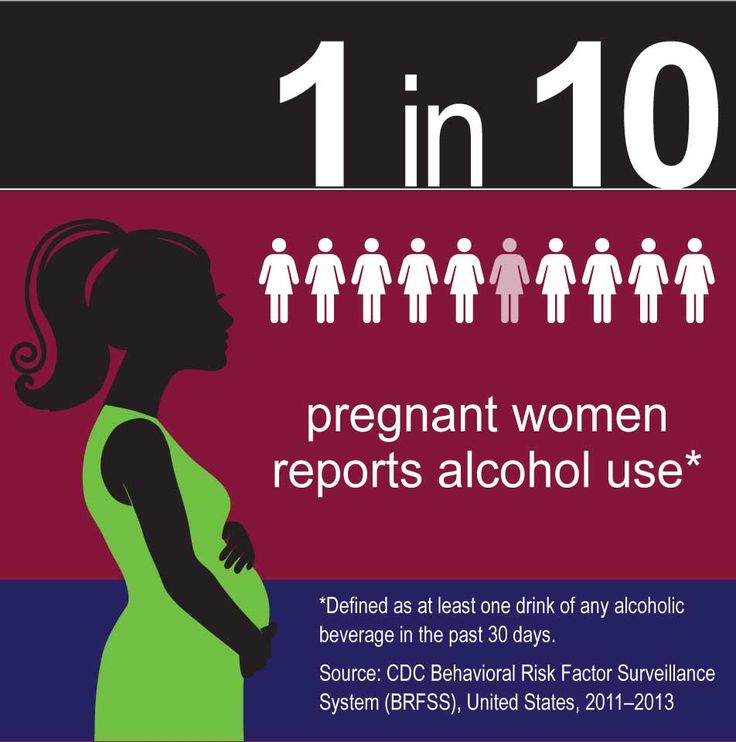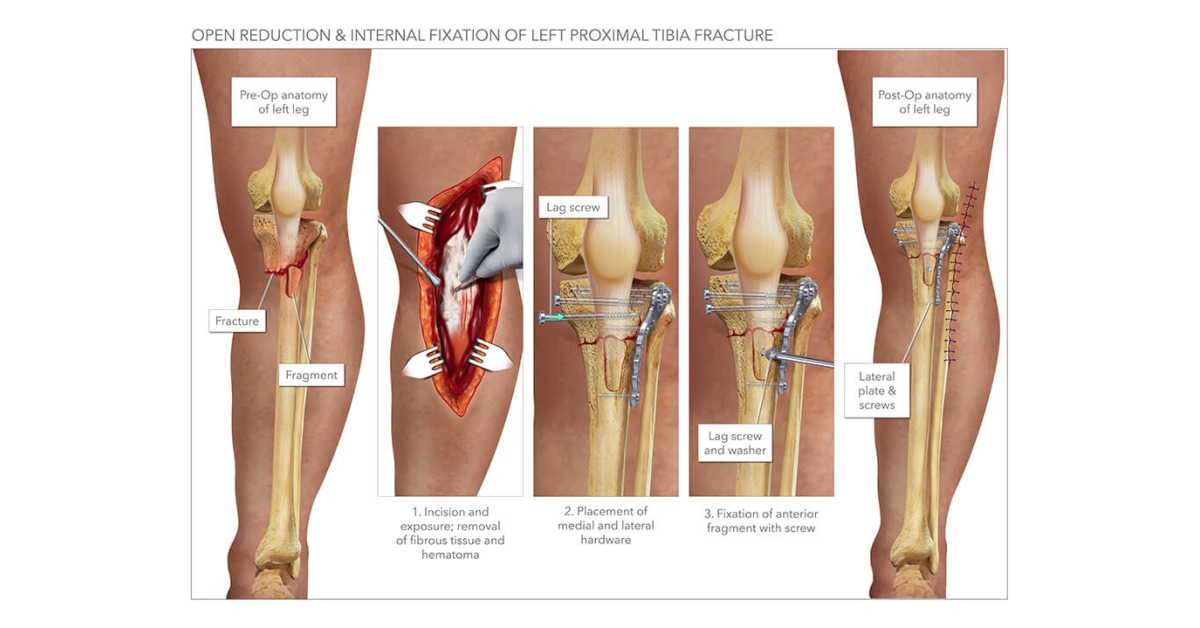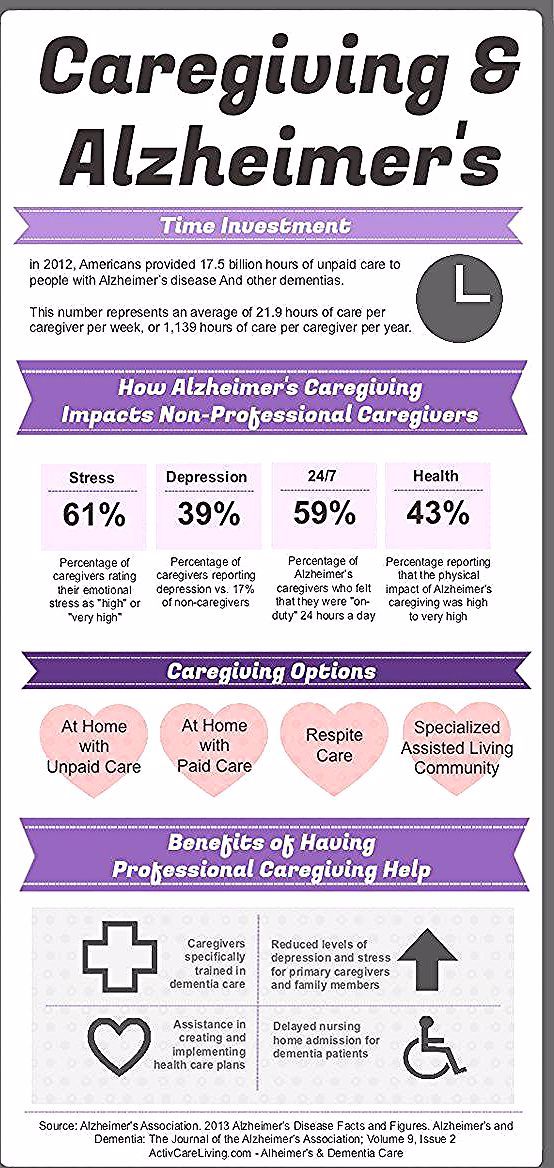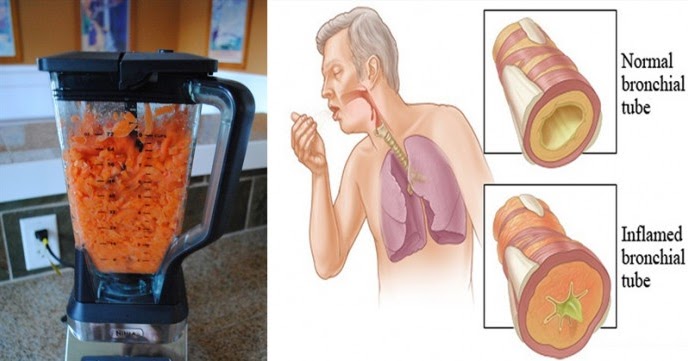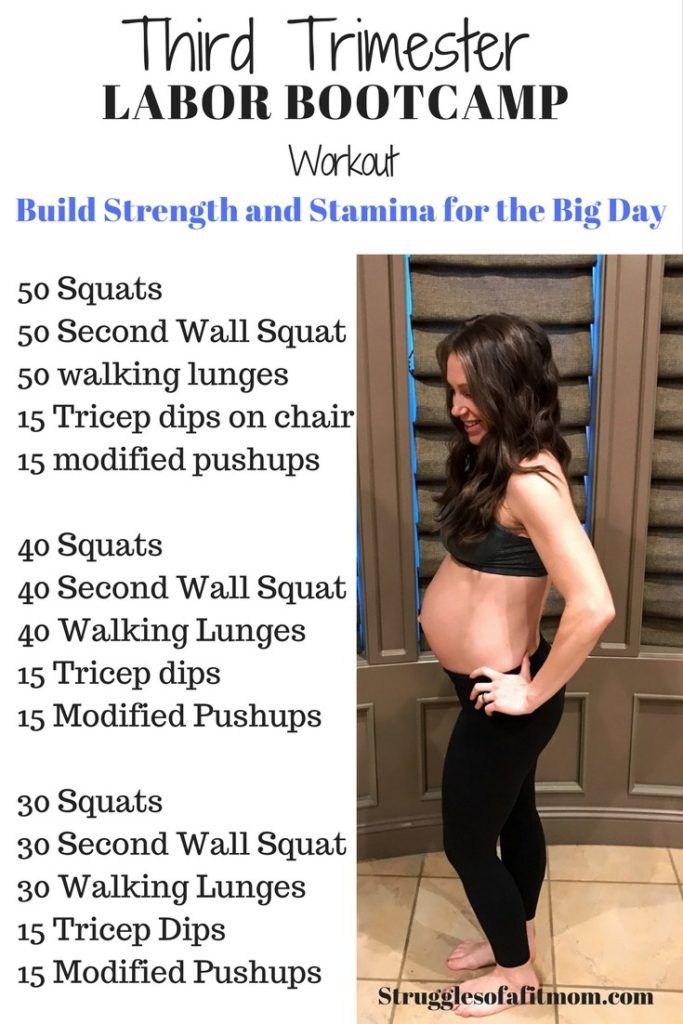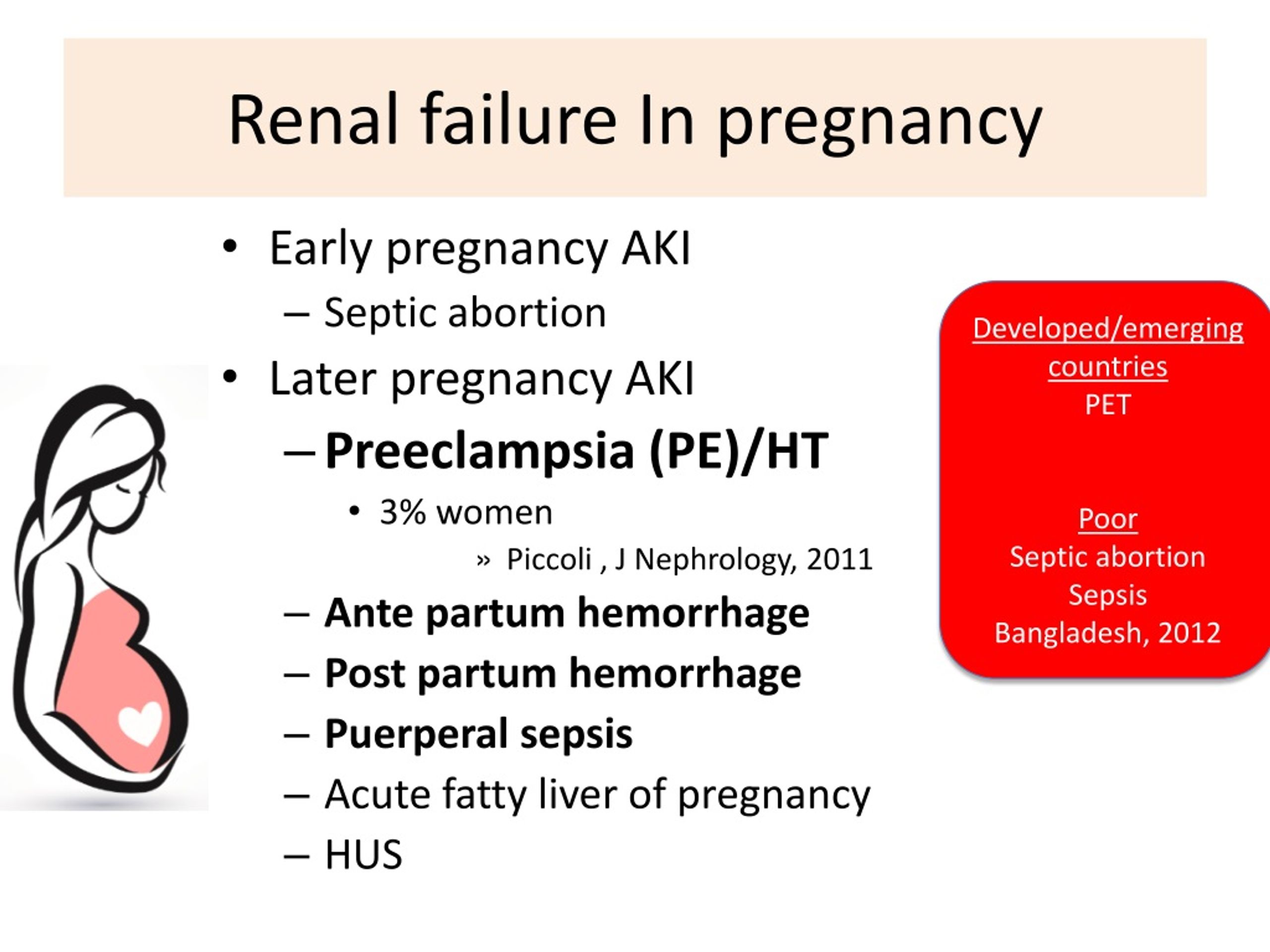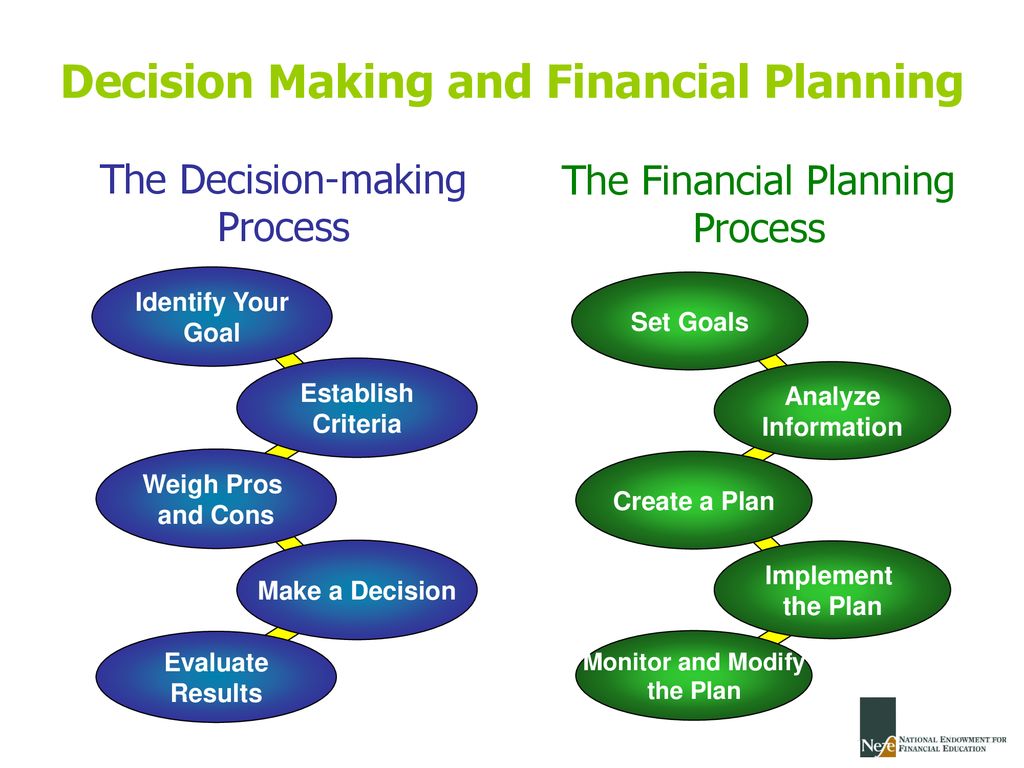Drinking alcohol during first week of pregnancy
Drinking Alcohol While Pregnant in First 3 Weeks: Is It Safe?
It happens. Perhaps you went off birth control a few months ago to try for a baby, but weren’t expecting to get pregnant so soon. You did cut back on alcohol to up your chances of conceiving, but you continued having a glass of wine here and there.
Or maybe you weren’t trying to get pregnant at all, and it came as a surprise when you realized that your period was over a week late. Now you’re looking at two pink lines on a home pregnancy test and freaking out about the night out with your girlfriends that you enjoyed a few days ago.
Maybe you’ve even known for a couple weeks that you’re pregnant, but you went ahead and toasted the bride and groom at a recent wedding because your friend told you small amounts of alcohol so early in pregnancy don’t do any harm.
Whatever the case, you’re now worried and want to know what damage, if any, drinking in very early pregnancy can do.
First off, take a deep breath and let go of any guilt or shame that you feel about the past. You’re in a no-judgement zone here. Next, continue reading to learn what the side effects can be — and most importantly, what you can do to ensure good health for you and your baby moving forward.
At the very top of its alcohol and pregnancy information sheet — and in bold type, no less — the Centers for Disease Control and Prevention (CDC) advises that women who are trying to become pregnant or could be pregnant shouldn’t drink.
Why? It’s not really about the harm done by what you drink before you’re even pregnant (though this may affect your ability to conceive). It’s that no amount of alcohol at any point in pregnancy has been absolutely proven to be safe.
Since you can be pregnant without knowing it, the CDC is covering the possibility that you’re in the earliest stages of pregnancy — 3 or 4 weeks, often even before your missed period. (Many people don’t know they’re pregnant until they’re already 4 to 6 weeks.)
Like the CDC in the United States, the NHS in the United Kingdom says that if you’re pregnant or planning to become pregnant, avoid alcohol.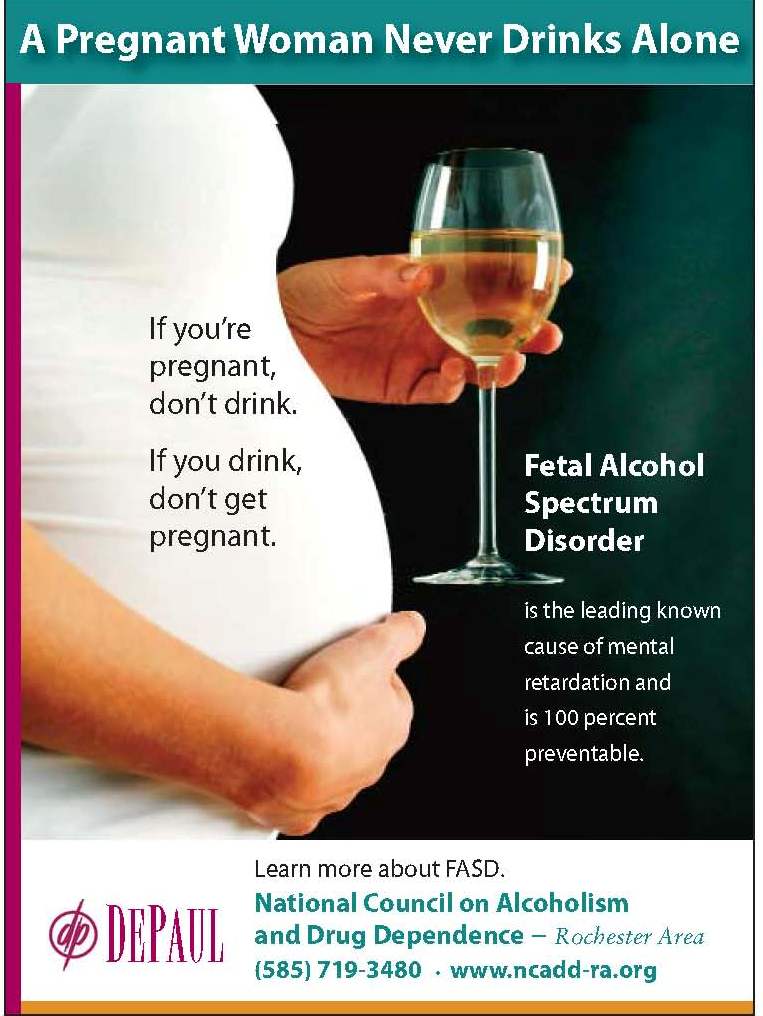
Truly specific research around drinking alcohol in very early pregnancy is pretty tricky. That’s because it would be unethical to put together a study and actually request that any segment of the pregnant population do something (drink alcohol) known to cause harm even some of the time.
What we do have: research that looks at people who self-report alcohol use during pregnancy as well as some animal studies. We also have a lot of science backing our understanding of human development in the womb, including brain and central nervous system development starting at week 3 of pregnancy (right after implantation).
In one 2015 study done in mice, researchers gave the animals alcohol at 8 days gestation — roughly equivalent to the early fourth week in a human pregnancy. They found that the offspring of these mice had changes to their brain structure.
The results suggested that early alcohol exposure can alter DNA chemical processes. Embryonic stem cells that change as a result of the mother’s alcohol consumption early in pregnancy could even impact adult tissue later on.
To be a little Captain Obvious here, humans aren’t mice. There’s no way to know at this time if this effect happens in the same way in humans. It’s definitely worth further study, though.
On the other hand, a study published in 2013 looked at 5,628 women who self-reported various amounts of alcohol consumption during early pregnancy. (For the purposes of this study, though, “early” meant all the way up until 15 weeks.)
Researchers looked for common effects of alcohol on pregnancy:
- low birth weight
- high maternal blood pressure
- preeclampsia
- smaller-than-expected size for gestational age
- pre-term birth
They didn’t find a strong correlation between drinking early in pregnancy and an increased likelihood of these complications, so some people take this to mean it’s A-OK. But this study only looked at short-term outcomes (not long-term effects that might not show up until childhood) and not fetal alcohol syndrome disorders (FASDs).
These studies represent two ends of the spectrum — one shows some scary possibilities about changed DNA, and the other suggests no ill effects. Most studies fall more in the murky middle, though.
For example, this 2014 study looked at 1,303 pregnant women in the United Kingdom and their alcohol consumption before pregnancy and during all three trimesters. Results suggested that drinking — even fewer than two drinks per week — in the first trimester increased risk of complications, like lower birth weight and pre-term birth.
And this research published in 2012 suggested that even light drinking in the early weeks could increase miscarriage risk, though the risk goes up with heavier drinking.
It might be accurate to look at all the information out there and say that very light drinking in very early pregnancy doesn’t always (or often) cause problems — but it could. And different people define “light” differently, adding to the confusion. So following CDC and NHS guidelines of no alcohol at any point is the safest option and the one that we recommend.
There are a couple big concerns with drinking early in pregnancy: miscarriage and fetal alcohol syndrome disorders.
It’s an incredibly difficult reality that miscarriages are as common as they are. And even if you do everything by the book, the highest risk of miscarriage is in the first trimester — and it often happens due to issues outside of your control (like chromosomal abnormalities).
Numerous reliable sources and studies (like the one we mentioned above) mention that alcohol use in the first trimester may increase miscarriage risk. Why this happens isn’t entirely clear.
The other big risk is FASDs. Symptoms include:
- pre-term birth
- low birth weight
- neurological problems
- behavioral problems that show up later in childhood
- certain abnormal facial features (thin upper lip, small eyes, missing vertical crease between the nose and lips)
- cognitive difficulties
Here’s something to remember: in-utero human development doesn’t happen all at once. It happens over a 40-week period (more or less, but you know what we mean) and there are many contributing factors.
It happens over a 40-week period (more or less, but you know what we mean) and there are many contributing factors.
And while drinking at any stage of pregnancy should be avoided, both the American College of Obstetricians and Gynecologists and the Royal College of Obstetricians and Gynaecologists say harm from having a little alcohol before you knew you were pregnant is unlikely.
So if you drank alcohol before you realized you were pregnant, the important thing is that you stop now. Your tiny human’s brain has a lot of development yet to go.
Take your daily prenatal vitamin, maintain a healthy diet, avoid undercooked meats and raw or high-mercury fish, and keep your prenatal appointments — these are all wonderful things you can do to promote your baby’s health.
And while we’re on the topic of those prenatal appointments — talk to your doctor candidly about your concerns and let them know that you had alcohol early on.
If you feel uncomfortable chatting with them about things that may affect your pregnancy, find a new doctor. Being able to speak honestly about your health and the health of your baby during pregnancy is crucial to having a healthy, happy nine months.
Being able to speak honestly about your health and the health of your baby during pregnancy is crucial to having a healthy, happy nine months.
Alcohol and Pregnancy Questions and Answers
Q. What is a “drink”? What if I drink only beer or hard seltzer?A: Any type of alcohol use can affect your baby’s growth and development and cause FASDs. This includes all wines, beer, and mixed drinks. A standard drink is defined as .60 ounces of pure alcohol. This is equivalent to one 12-ounce beer or wine cooler, one 5-ounce glass of wine, or 1.5 ounces of 80 proof distilled spirits (hard liquor). Some drinks, like mixed alcoholic drinks or malt liquor drinks, might have more alcohol in them than a 12-ounce beer. There is no safe kind of alcohol. If you have any questions about your alcohol use and its risks to your health, talk to your health care provider. You can also visit CDC’s website on alcohol.
Q: Is it okay to drink a little or at certain times during pregnancy?A: There is no known safe amount of alcohol use during your pregnancy or when you are trying to get pregnant. There is also no safe time for alcohol use during pregnancy. Alcohol can cause problems for your baby throughout your pregnancy, including before you know you are pregnant.
There is also no safe time for alcohol use during pregnancy. Alcohol can cause problems for your baby throughout your pregnancy, including before you know you are pregnant.
FASDs are preventable if a baby is not exposed to alcohol before birth.
Q: I drank wine during my last pregnancy and my baby turned out fine. Why shouldn’t I drink again during this pregnancy?A: Every pregnancy is different. Alcohol use during pregnancy might affect one baby more than another. You could have one child who is born healthy and another child who is born with problems.
Q: If I drank when I was pregnant, does that mean my baby will have an FASD?A: If you used any amount of alcohol while you were pregnant, talk with your child’s healthcare provider as soon as possible and share your concerns.
You may not know right away if your child has been affected. FASDs include a range of physical and intellectual disabilities that are not always easy to identify when a child is a newborn.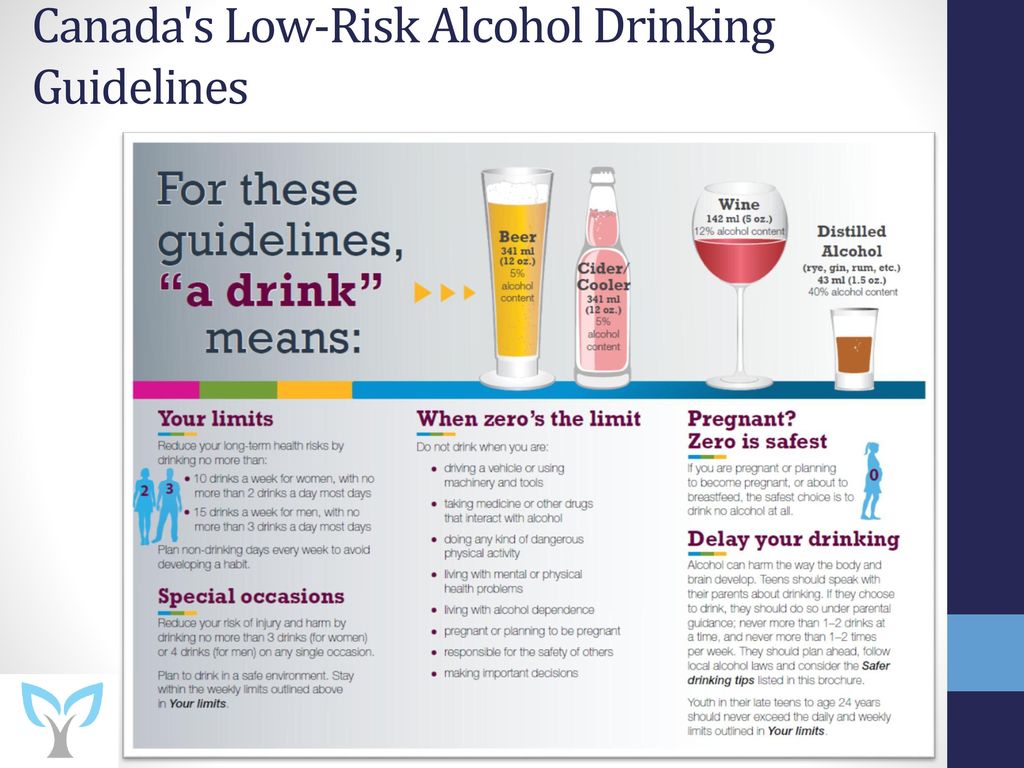 Some of these effects may not be known until your child is in school.
Some of these effects may not be known until your child is in school.
There is no cure for FASDs. However, identifying and intervening with children with these conditions as early as possible can help them to reach their full potential.
Q: Is it okay to drink alcohol if I am trying to get pregnant?A: You might be pregnant and not know it yet. You probably won’t know you are pregnant for up to 4 to 6 weeks. This means you might be exposing your baby to alcohol without meaning to.
Alcohol use during pregnancy can also lead to miscarriage and stillbirth.
The best advice is to avoid any alcohol use when you start trying to get pregnant.
Q: If a woman has an FASD, but does not drink during pregnancy, can her child have an FASD? Are FASDs hereditary?A: FASDs are not genetic or hereditary. If a baby is exposed to alcohol during pregnancy, the baby can be born with an FASD. But if a woman has an FASD, her own child cannot have an FASD, unless she uses alcohol during pregnancy.
A: How alcohol affects the male sperm is currently being studied. Whatever the effects are found to be, they are not fetal alcohol spectrum disorders (FASDs). FASDs are caused specifically when a baby is exposed to alcohol during pregnancy.
However, the father’s role is important. He can help the woman avoid alcohol use during pregnancy. He can encourage her to abstain from alcohol by avoiding social situations that involve drinking. He can also help her by avoiding alcohol himself.
Q: I suspect my child might have an FASD. What should I do?A: If you think your child might have an FASD, talk to your child’s doctor and share your concerns. Don’t wait!
If you or the doctor thinks there could be a problem, ask the doctor for a referral to a specialist (someone who knows about FASDs), such as a developmental pediatrician, child psychologist, or clinical geneticist. In some cities, there are clinics whose staffs have special training in diagnosing and treating children with FASDs. To find doctors and clinics in your area visit the National and State Resource Directory from FASD United (formerly NOFAS).
In some cities, there are clinics whose staffs have special training in diagnosing and treating children with FASDs. To find doctors and clinics in your area visit the National and State Resource Directory from FASD United (formerly NOFAS).
At the same time as you ask the doctor for a referral to a specialist, call your state or territory’s early intervention program to request a free evaluation to find out if your child can get services to help. This is sometimes called a Child Find evaluation. You do not need to wait for a doctor’s referral or a medical diagnosis to make this call.
Where to call for a free evaluation from the state depends on your child’s age:
- If your child is younger than 3 years old, Call your state or territory’s early intervention program and say: “I have concerns about my child’s development and I would like to have my child evaluated to find out if he/she is eligible for early intervention services.
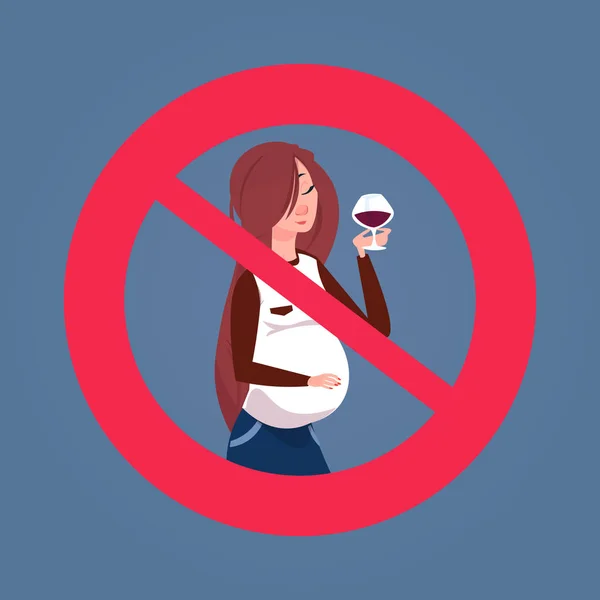 ”
”
Find your state’s early intervention contact information here.
Learn more about early intervention » - If your child is 3 years old or older, contact your local public school system.
Even if your child is not old enough for kindergarten or enrolled in a public school, call your local elementary school or board of education and ask to speak with someone who can help you have your child evaluated.
Learn more about this process »
How alcohol affects a woman's pregnancy
When planning pregnancy, alcohol affects the hormonal system of a woman, can provoke miscarriages, increase uterine tone, and contribute to fetal fading. Any amount of alcohol causes spasm of the vessels of the placenta and umbilical cord, impairing the access of nutrients and oxygen. As a result - hypoxia, intrauterine growth retardation, low birth weight.
Alcohol consumed in the first weeks of pregnancy, from 95% probability will lead to health problems in the unborn child. When implantation has occurred and the fetus has attached to the wall of the uterus, it is connected to the mother's body, which means that the alcoholic drinks she consumes also affect the embryo.
When implantation has occurred and the fetus has attached to the wall of the uterus, it is connected to the mother's body, which means that the alcoholic drinks she consumes also affect the embryo.
- Alcohol during early pregnancy - a hidden danger!
- How alcohol affects early pregnancy
- How to convince women to give up alcohol during pregnancy nine0009
- Systemic family therapy during women's alcoholism
- Why do women want to drink alcohol during pregnancy?
Alcohol during early pregnancy - a hidden danger!
Acetaldehyde affects the cells of the developing fetus and is able to change the structure of DNA, leading to the development of deformities and anomalies. The nervous system is especially susceptible to alcohol. A mother who prefers to relax with alcohol during pregnancy may well have an outwardly healthy child, but there will be various behavioral disorders, there will be a difficult situation with learning, school performance. nine0003
nine0003
When planning pregnancy, alcohol affects the hormonal system of a woman, can provoke miscarriages, increase uterine tone, and contribute to fetal fading. Any amount of alcohol causes spasm of the vessels of the placenta and umbilical cord, impairing the access of nutrients and oxygen. As a result - hypoxia, intrauterine growth retardation, low birth weight.
When a woman is not planning a pregnancy, two lines on the test may come as a surprise to her. And, given that before the delay in menstruation, the fetus has been attached to the wall of the uterus for a week already, medications and alcohol consumed during pregnancy can affect the formation. Often expectant mothers recall with horror that they drank without knowing about pregnancy in the early stages and ask themselves: how will alcohol during early pregnancy affect the health of the child? Is it possible to drink alcohol during pregnancy in small quantities? nine0003
No one can give guarantees. From the moment a fertilized egg is implanted in the epithelium of the uterus, it ceases to exist autonomously and becomes subject to external negative influence.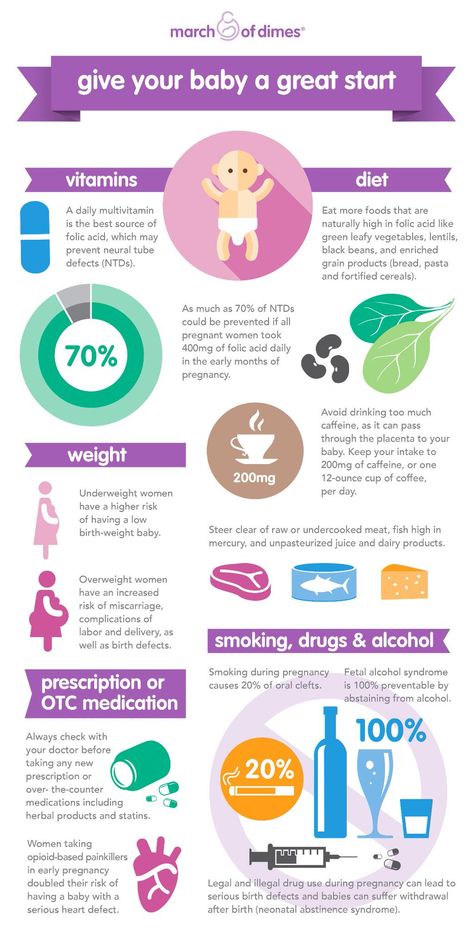 The teratogenic effect and the provoked congenital deformities and anomalies can often not be corrected, even by surgery.
The teratogenic effect and the provoked congenital deformities and anomalies can often not be corrected, even by surgery.
If you have recently found out about your pregnancy and have been drinking alcohol once or regularly, what should you do? You should not panic, but if the duration of pregnancy is small, it makes sense to refrain from taking medications to maintain pregnancy. Often the body itself expels the damaged fetus. nine0003
The scanning system very accurately recognizes the abnormalities in the DNA and the embryo is rejected from the uterus, a micro-miscarriage occurs. If the child is developing successfully, then there is reason to believe that everything is fine, but to be sure, it is necessary to be observed by a geneticist, undergo diagnostics, ultrasound, and take tests to identify developmental pathologies in a timely manner.
In the first weeks of pregnancy, the laying of vital organs, in particular - the heart. Even a single glass of wine can lead to a serious heart defect, often inoperable.
nine0003
Narcologist Khakimzanov Rafael Raisovich
“In the first weeks of pregnancy, vital organs are formed, in particular, the heart. Even a single glass of wine can lead to a serious heart defect, often inoperable.”
Narcologist Khakimzanov Rafael Raisovich
Description of alcohol
Alcoholic beverages contain ethyl alcohol, the concentration of the substance in strong drinks is higher than in weaker ones. And ethyl alcohol - ethanol - is an addictive poison that negatively affects the human body, affects the psyche. But the terrible thing is that ethanol has a teratogenic effect on the embryo, therefore, the born child may have congenital deformities. nine0003
How alcohol affects early pregnancy
Dangerous - drinking alcohol by a pregnant woman in the early stages. The laying of the most important organs and systems of the unborn child takes place. And if there is an influence of negative factors (alcohol, viruses, nicotine, drugs), then the formation of some organs or systems can go according to a broken pattern.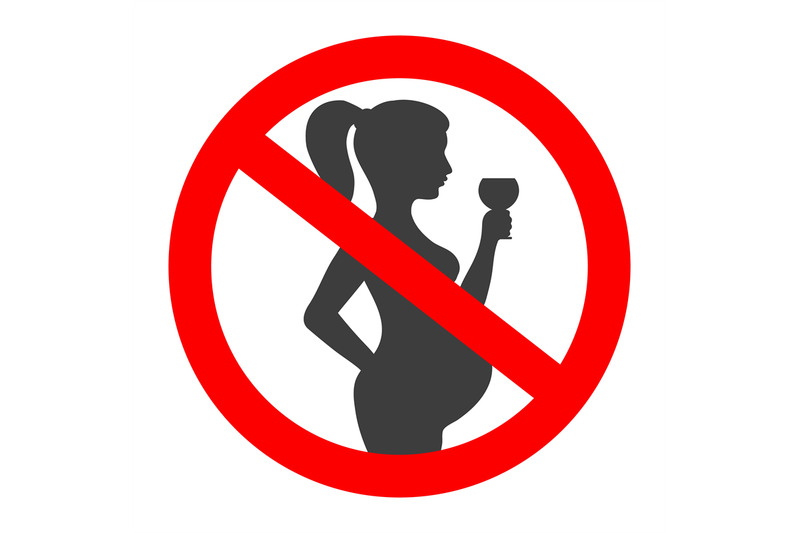 Babies are born prematurely, with visible physical deformities:
Babies are born prematurely, with visible physical deformities:
- missing one or both eyes,
- huge or small head,
- lack or underdevelopment of limbs,
- underdeveloped gastrointestinal tract,
- curvature of the spine and so on.
Those who were on an excursion to the Kunstkamera in St. Petersburg will forever remember newborn babies born with deformities. In many ways, the cause of such deformities that killed babies was the abuse of alcoholic beverages by pregnant women in the early stages of pregnancy. nine0003
Ethanol easily crosses the placenta, and it turns out that the embryo, and then the fetus, drink alcohol along with the unreasonable mother. Under the influence of alcohol, the blood vessels penetrating the placenta narrow significantly, less blood flows through them, and the fetus experiences oxygen starvation - severe stress for the embryo, for the brain, and for the still imperfect nervous system.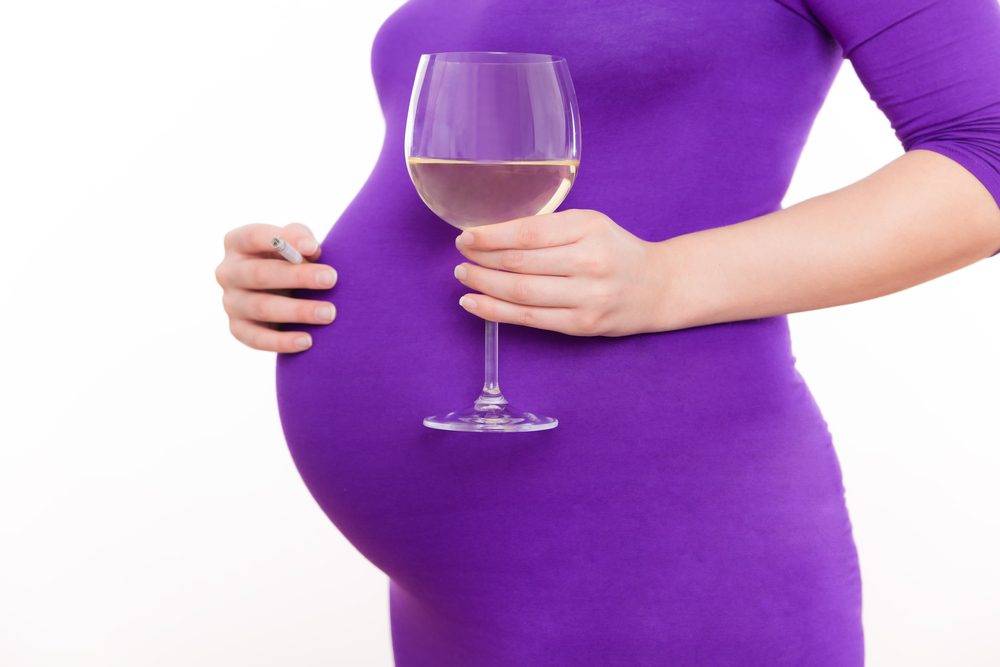
Under the influence of alcohol, a fertilized egg may not be strengthened in the wall of the uterus and simply dies. The egg can become stronger in the fallopian tube - and an ectopic pregnancy develops, thereby adversely affecting the health of the woman herself. nine0003
If you manage to carry a fetus in the first trimester, then there are no guarantees that women will give birth on time - preterm births are often observed. And premature weak children from drinking mothers are often not viable.
How to convince women to give up alcohol during pregnancy
Much depends on the woman herself and on her surroundings. But you need to educate girls from adolescence, talking about the impact on the health and health of the unborn child of bad habits, including drunkenness. During the planning period for pregnancy, you need to convince a woman and a man to give up bad habits. Alcohol during pregnancy must be excluded. nine0003
If you do not suffer from alcoholism, if drinking alcohol is episodic for you, then you need to think about whether it is worth drinking at all? Is it worth the risk for a couple of sips of strong drink?
Momentary weakness can cost a child's health.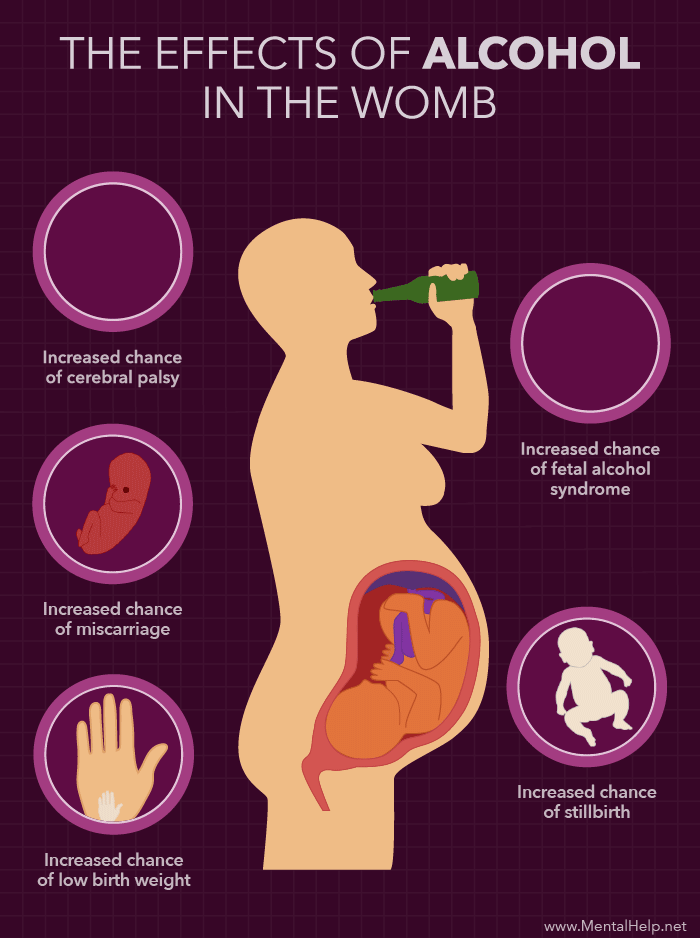 There are no guarantees, even weak alcohol drunk in small doses causes irreversible processes in the baby's body. No doctor will tell you the permitted number of grams of an alcoholic beverage. Harm will be done unequivocally, even in small doses, but it’s scary that harm can affect the whole life of the child and yours too. nine0003
There are no guarantees, even weak alcohol drunk in small doses causes irreversible processes in the baby's body. No doctor will tell you the permitted number of grams of an alcoholic beverage. Harm will be done unequivocally, even in small doses, but it’s scary that harm can affect the whole life of the child and yours too. nine0003
Systemic family therapy during female alcoholism
It is common for every married couple to experience difficult periods in their life together, when misunderstandings, tension, strife arise, and especially when a woman begins to abuse alcohol. At such moments, it seems that the only salvation is a divorce!
The task of a family psychologist is to bring the couple's participants into a conditional free space in order to:
- realize their role in the conflict; nine0009
- find out the voltage points;
- find a tolerant method of solving the problem to meet the needs of everyone.
Prolonged lack of intimate life (in the absence of weighty arguments), isolation of one of the spouses, unwillingness to talk about work, indifference to children, infidelity, alcohol abuse by women are symptoms of an inevitable family conflict, so the help of a psychologist is extremely necessary.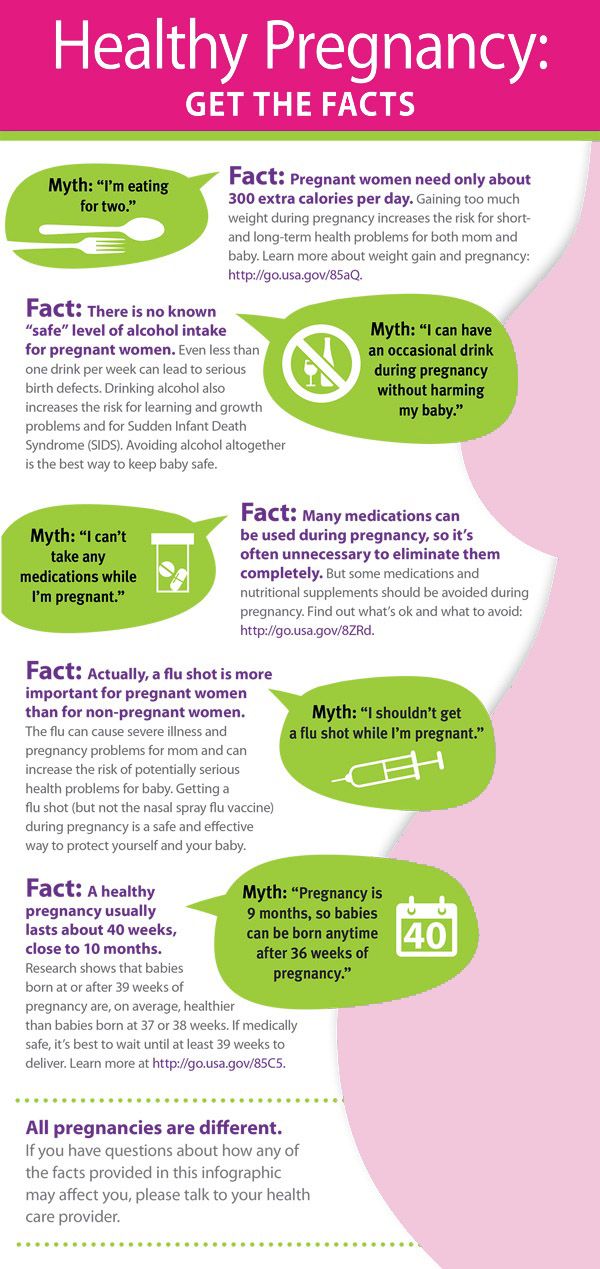
According to experts, up to 90% of global conflicts due to female alcoholism could have been avoided if the spouses had turned to a family psychologist in time. After all, the explosion - and this is how we characterize the crisis - has certain stages of maturation, which are impossible not to notice! nine0003
Narcologist Khakimzanov Rafael Raisovich
«
According to experts, up to 90% of global conflicts due to female alcoholism could be avoided if the spouses turned to a family psychologist in time. After all, an explosion - and this is how we characterize the crisis - has certain stages of maturation, which are impossible to ignore!
No safe doses nine0025
Fetal development is a complex process. The child inside the womb continuously grows, cells divide, organs and organ systems are formed. Improper division of these cells can lead to disruption of the entire organ, the occurrence of serious defects in the baby, risking becoming disabled or being born unviable.
Previously, pregnant women were allowed to drink a glass of good wine, it was believed that the drink benefits the expectant mother. Later, scientists found that when using only 3-5 grams. alcohol daily, the child may develop fetal alcohol syndrome. Influence on the frequency of congenital deformities has: the ability of the mother's body to process alcohol, gestational age, fetal genotype. nine0003
The baby will be forced to drink alcohol with the mother (alcohol crosses the placenta in full), even a glass of wine once a week will harm the baby. Theoretically, a teratogenic effect can occur with any amount of alcohol consumed.
Why do women want to drink alcohol during pregnancy?
- Stress is the most common cause. A woman used to relieve stress with alcohol before pregnancy. It seems to a woman that you can allow yourself to relax occasionally. In fact, there are safe means to relieve stress: a bath, delicious food, calm music, books, good kind films, walks, communication with loved ones.
 nine0009
nine0009 - Feasts, weddings, birthdays - expectant mothers can be convinced that small doses of alcohol will not harm the baby. In fact, congenital deformities can occur with any dose of alcohol.
- The misconception that alcohol is beneficial in small doses during pregnancy. The expectant mother may think "wine increases hemoglobin and drinking alcohol with anemia." In fact, there are safe foods that effectively increase hemoglobin without harm to the child.
Conclusion: there are no safe doses of alcohol. Pregnancy and alcohol are incompatible concepts, and if the mother is worried about the health and life of the baby, then it is necessary to refrain from libations in principle. nine0003
Author of the article:
Reviews on DocDoc
Experience : more than 25 years
Professional skills : Psychotherapy, psychopharmacotherapy.
Addiction counseling, outpatient treatment .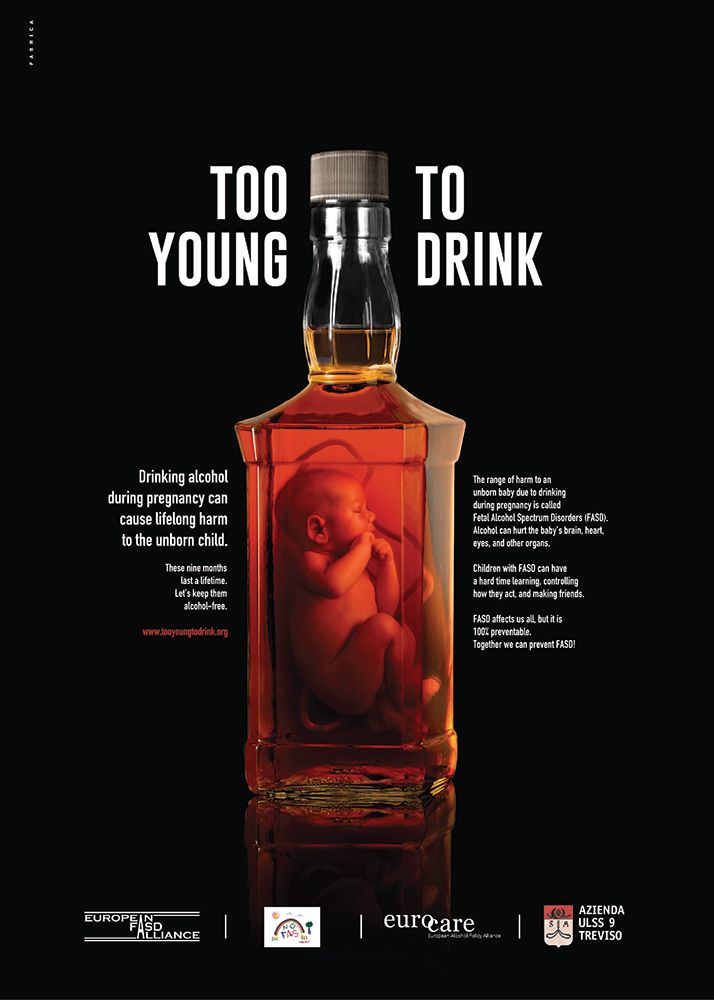
E-mail : [email protected]
Education : Khabarovsk Medical Institute
Refresher courses: Russian State Medical University of Roszdrav, psychiatry - narcology, 2007
Calling a doctor to the house for medical manipulations, including coding and withdrawal from binge drinking.
Urgent and anonymous withdrawal from hard drinking at home or in a hospital.
We will arrive in 60 minutes!
Drug and hypnotic treatment of alcohol dependence.
We provide medical and hypnotic treatment for alcohol addiction.
Doctor's house call for detoxification and hangover relief.
Get a free WhatsApp consultation by clicking on the button and following the link.
Write to whatsapp
Get a free WhatsApp consultation by clicking on the button and following the link.
Write to whatsapp
ALCOHOL AND PREGNANCY - Outpatient medical facility
The fact that you can not drink alcohol during pregnancy is known to most. However, different situations can arise in life: one woman is planning a pregnancy, continuing to drink alcohol on holidays in order to avoid uncomfortable questions; another drinks a glass of wine, unaware that she is already pregnant; the third during pregnancy cannot cope with the desire to drink beer, believing that "a little bit is possible." Let's look at these situations in more detail. nine0003
However, different situations can arise in life: one woman is planning a pregnancy, continuing to drink alcohol on holidays in order to avoid uncomfortable questions; another drinks a glass of wine, unaware that she is already pregnant; the third during pregnancy cannot cope with the desire to drink beer, believing that "a little bit is possible." Let's look at these situations in more detail. nine0003
Alcohol consumption during pregnancy planning.
Alcohol is a toxin that adversely affects the human reproductive system. In women, alcohol consumption leads to disruption of the menstrual cycle and hormonal balance, which significantly affects the ability to conceive. There are also opinions that even episodic alcohol consumption can have a negative effect on the eggs, leading to their inferiority. Also, alcohol consumption affects the male reproductive system, significantly reducing the number of sperm capable of fertilization. Therefore, a couple planning a pregnancy should stop drinking alcohol at least 3 months in advance in order to increase the likelihood of conception. nine0003
nine0003
Alcohol consumption in the first weeks after conception.
Without a special examination, a woman usually discovers the fact of pregnancy at 3 weeks after conception, when the next menstruation does not come. By this time, the embryo has already firmly attached to the uterine cavity and began to receive nutrition from the mother's blood. If negative factors, including alcohol, affect him before the moment of attachment, then this will lead to his rejection and death, and he will simply leave the uterus with the next menstruation. Thus, a woman may not know that she was pregnant. nine0003
According to most scientists, if alcohol did not disrupt the attachment process and the embryo continued to develop, then this would not lead to the formation of malformations in it. Thus, alcohol accidentally drunk during the first two weeks after conception will either lead to the termination of pregnancy or will not affect its further development.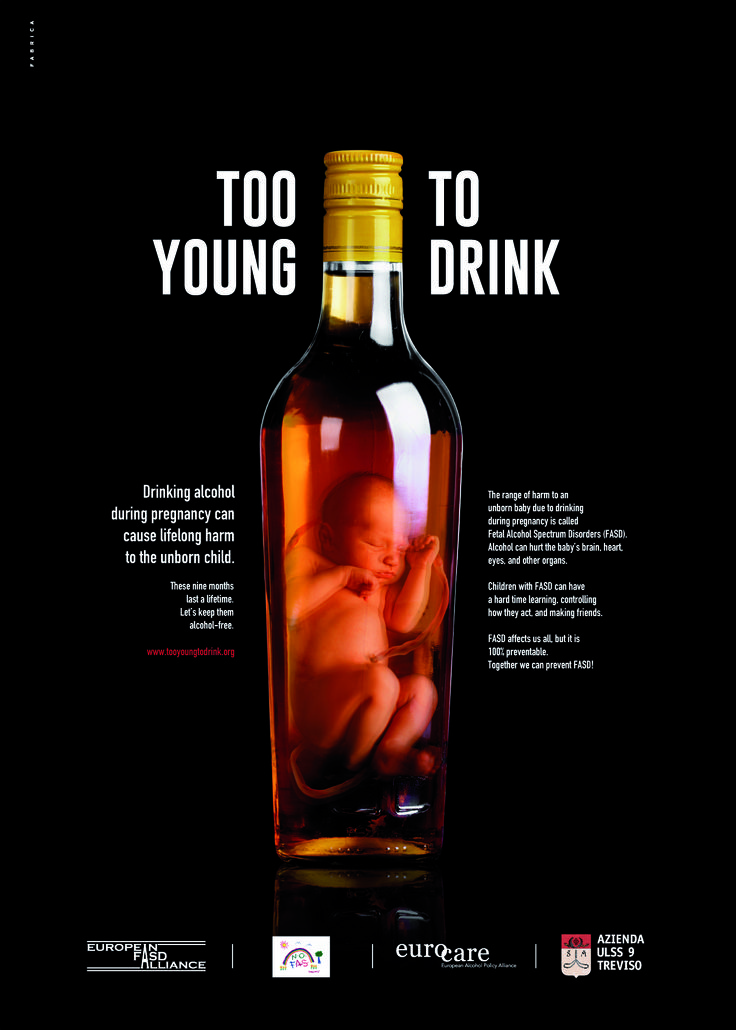
Alcohol use in early pregnancy.
As mentioned above, as early as the 3rd week after conception, the embryo begins to come into contact with maternal blood. This means that all the substances in the mother's blood come to him. including ethyl alcohol. From the 3rd to the 13th week of development, the laying of all the main systems of the body of the unborn child occurs and the effect of alcohol no longer leads to rejection and death of the embryo, but to the formation of malformations and deformities of the nervous, cardiovascular, and digestive systems. nine0003
Alcohol use in late pregnancy.
The negative impact of alcohol on the course of pregnancy is observed after the 13th week. Ethanol and its decay products lead to spasm of the vessels of the placenta and umbilical cord, impairing the delivery of oxygen and nutrients, leading to a delay in the development of the fetus, disruption of its nervous system and brain.